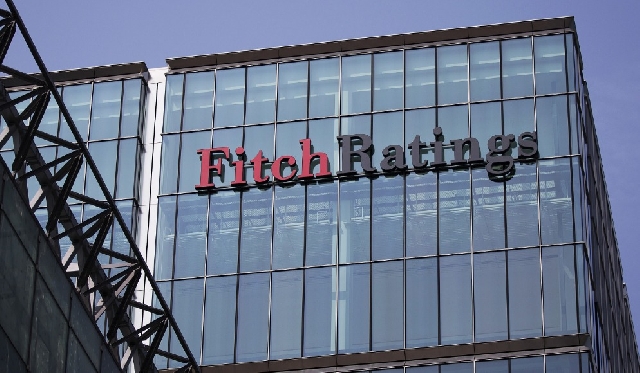Fitch: More African banks to be downgraded in 2023
 Fitch Ratings
Fitch Ratings
Deteriorating global and domestic shocks will undermine credit drivers for African banks in 2023, Fitch has said.
According to Fitch’s sector outlook, these will add to existing operating environment risks, but they believe moderate GDP growth, with no major African economy entering a recession, combined with banks showing a good degree of resilience over the past two years, will prevent a more material downside scenario.
“Weakened African sovereigns and significant contagion risks to banks play a large part in our deteriorating sector outlook for 2023,” Fitch stated.
“Political risk will remain high and could bring further market uncertainty. Asset quality risks will return and be more prominent, with households and businesses continuing to be hit by high inflation, rising rates, currency depreciation and US dollar shortages,” it added.
Nevertheless, Fitch assume only a moderate increase in impaired loan ratios.
According to the rating agency, high commodity prices will be supportive of many African economies and banks’ operating environments but a key risk to asset quality would come if there was a sharp fall in commodity prices triggered by a global slowdown, especially with economic developments in China, a major trade partner.
Rising interest rates and still satisfactory loan growth (above GDP growth) will be supportive of banks’ revenue generation and profitability, and mitigate moderate rises in credit costs, it noted.
In a statement, Fitch said “Capitalisation, funding and liquidity remain comfortable, with the latter in particular, underpinning banks’ standalone creditworthiness. Sovereign debt distress is the major risk to African banks’ financial profile.
“Sovereign downgrades could result in more bank rating downgrades in 2023.”
“We are most concerned about potential sovereign defaults with many African governments facing very high and increasing debt servicing burdens exacerbated by rising interest rates, US dollar strength and unfavourable external funding conditions. The Ghana debt restructuring will affect domestic as well as regional banks,” it added.
Trending Business

Cedi stability partly due to NPP policies – Prof. Bokpin
08:51
We inherited 125 million Cedis, with an uncountable damaged and scraped Metro Mass buses-MD
08:41
SIC Insurance PLC to provide rewards system to high-performing agents
16:17
Don’t oversimplify Cedi gains – Prof. Gatsi caution Ghanaians
16:55
Tano North MP credits Bawumia, NPP for strong reserves buffering Cedi
12:15
Petrol price should have gone lower than what we’re experiencing at the pumps-Energy expert
13:42
Mahama attributes Cedi stability to strong economic policies and rising reserves
07:30
NLA corporate affairs head defends KGL contract amid calls for review
11:31
GPRTU announces 15% reduction in transport fares May 25
09:00
TAGG grabs strategic trade partnerships at SelectUSA 2025 Summit
03:46




